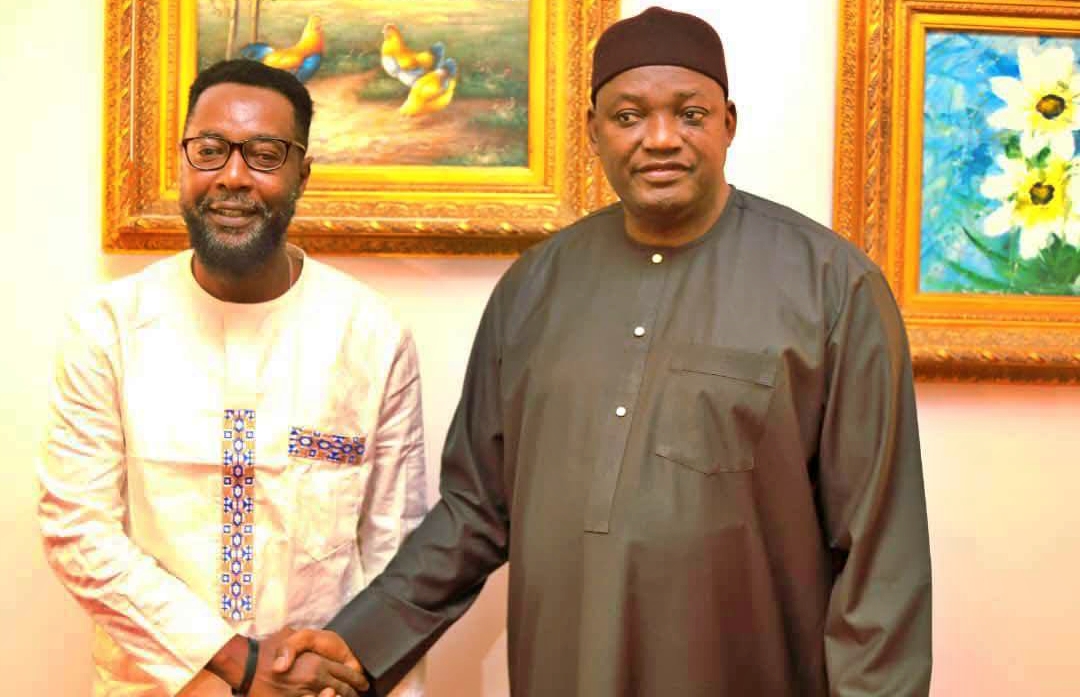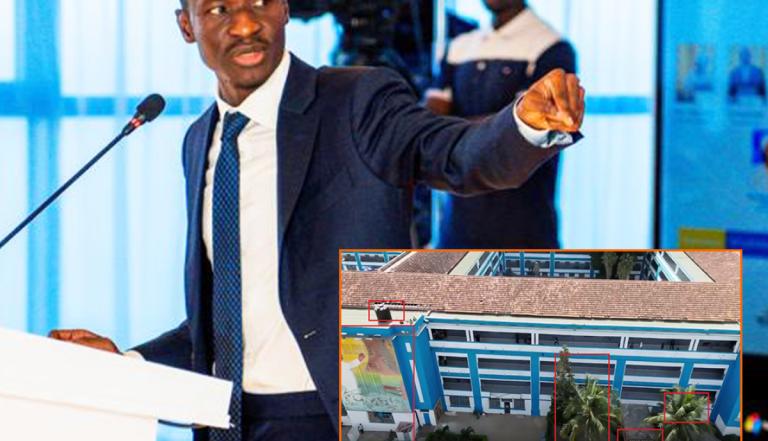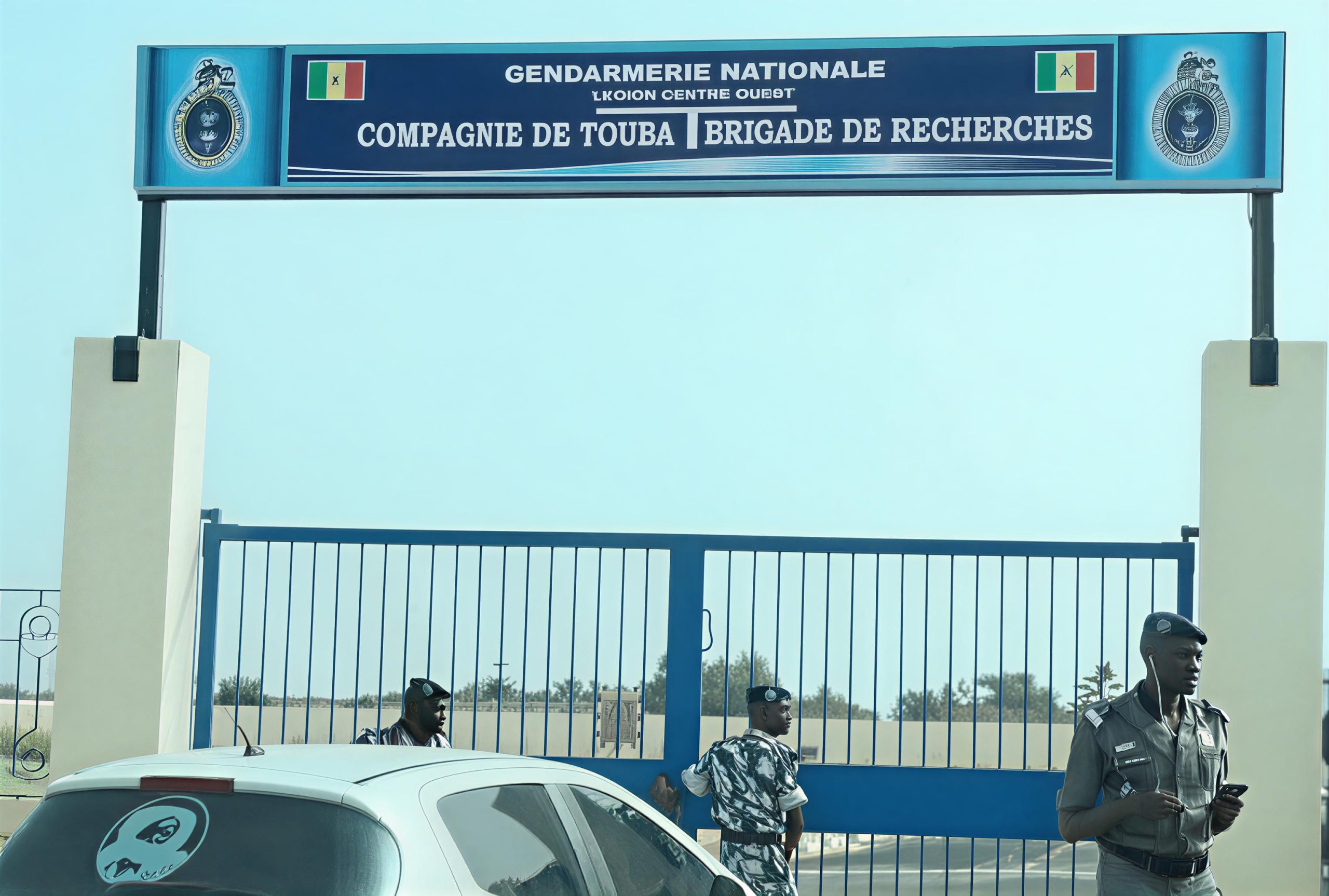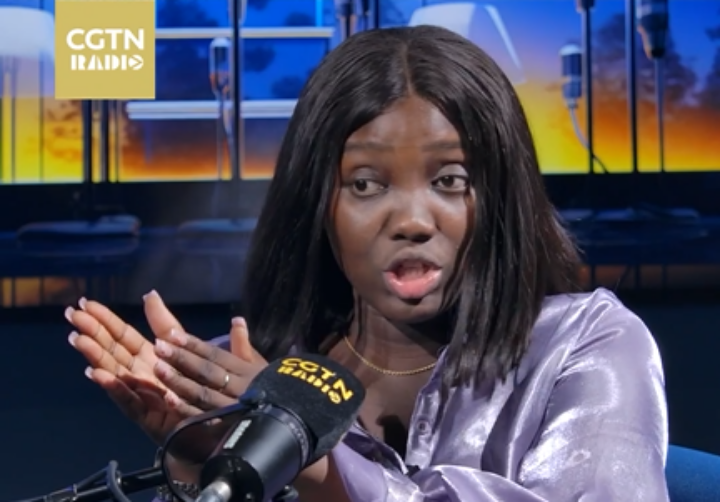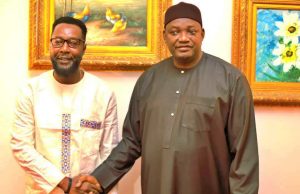Gambiaj.com – (BEIJING, China) – As Chinese and African leaders prepare to convene in Beijing for the Forum on China-Africa Cooperation (FOCAC) next week, concerns are growing over the nature of the economic relationship between China and Africa. Despite China’s continued investment in Africa’s infrastructure and industrial sectors, questions persist regarding the real benefits for the continent, with issues such as debt sustainability, environmental impact, and the need for more balanced trade relations expected to dominate the summit’s agenda.
Jainaba Sonko, a news presenter and Senior reporter with QTV Gambia, recently voiced these concerns during a radio program on China Global Television Network (CGTN). Sonko highlighted the stark contrast between China’s clear “Vision 2035” and Africa’s apparent lack of a unified strategy to optimize the benefits from its relationship with China.

In her remarks, Sonko urged African regions to develop cohesive plans based on shared challenges. She noted that while the relationship is often portrayed as mutually beneficial, the reality is that China comes to the negotiating table with a well-defined vision, whereas Africa does not. “I do not see a clear vision coming from the African continent,” Sonko remarked, emphasizing the need for African leaders to align their strategies regionally to better leverage their collective bargaining power.
Sonko also responded to the idea that Africa’s diversity of countries and interests makes it difficult to formulate a unified vision. She argued that African regions facing similar challenges, such as West Africa, East Africa, and Central Africa, should collaborate to develop regional strategies. “The problem is not China,” Sonko asserted. “China has ensured that it’s a win-win situation, but now it goes back to Africans like myself, who should have a clear vision to put on the table.”
Her concerns echo a broader sentiment among young Africans, who are increasingly questioning the effectiveness of these large summits with global powers such as Russia, India, Europe, the USA and even South Korea. While such meetings often result in promises of investment and aid, tangible results are not always forthcoming.
Jainaba Sonko’s call for a more strategic approach underscores the need for African nations to better position themselves in these negotiations, ensuring that their development goals are met through concrete actions rather than just diplomatic rhetoric.
As FOCAC approaches, the voices of those like Sonko serve as a reminder of the importance of Africa’s new vision in shaping the continent’s future in its dealings with global powers.




